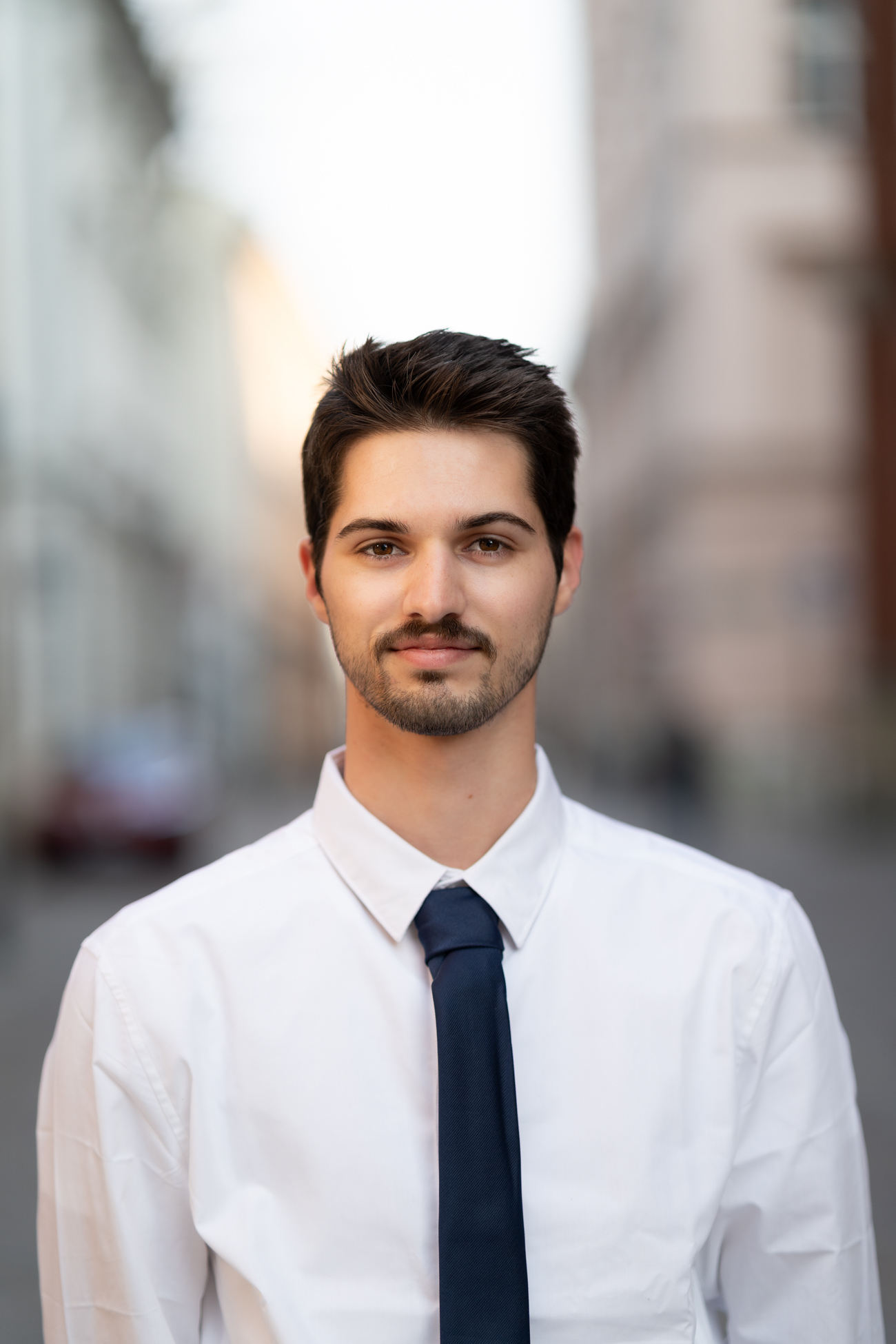Hi! My name is Kieran Stenson and I am a third-year student at FSU majoring in History. I have been lucky enough to receive an IDEA Grant through the auspices of the Tyler Center for Global Studies, which is an incredible opportunity. My IDEA Grant project, which continues and advances my Honors in the Major research on the same topic, focuses on the Polish Constitution of 3 May 1791, which was the first modern written constitution in Europe, and the second in the world, after the American Constitution.

Kieran Stenson, Florida State University
This summer, I intend to study the context behind and influences on Article VII of the Constitution in particular, which focuses on the institution of the Polish monarchy. I believe that this aspect of the Constitution is one of, if not the most important aspect to understanding its historical significance and context, the influences that informed it, and the consequences of its enactment. The Constitution is a fascinating document that reveals much about the unique history of Poland and Central-Eastern Europe, the ability of and limit to which a society can reform itself, and challenges certain misconceptions about the history of Europe.
Image credit: The Polish Heritage Center at Panna Maria
Through my IDEA Grant, I will be able to conduct research in the Polish cities of Kraków, Wrocław, and Warsaw, which will allow me to access primary sources and historical studies otherwise unavailable to me. These include writings by Ignacy Potocki, such as his Projekt do Formy Rządu (Project for the Form of Government), as well as Hugo Kołłątaj and Stanisław Małachowski’s O ustanowieniu i upadku Konstytucji polskiej 3 Maja 1791 roku (On the enactment and the fall of the Polish Constitution of 3 May 1791). Also available in Poland are secondary sources like the works of historians Walerian Kalinka and Bogusław Leśnodorski. After collecting information from these sources, I will be able to analyze, compile, and present my findings at the President’s Showcase in the Fall semester.
I believe that my IDEA Grant research will help me achieve future career goals, like attending graduate school and becoming a professor. Furthermore, it will help me develop critical skills such as how to thoroughly analyze texts, effective presentation of information, and managing time and resources while working on a project. Florida State University does an excellent job of promoting, encouraging, and supporting undergraduate research. It was one of the main reasons that I wanted to attend FSU. The IDEA Grant, therefore, is the next step in my undergraduate research journey, for which I am very grateful and excited. I very much look forward to this experience.
